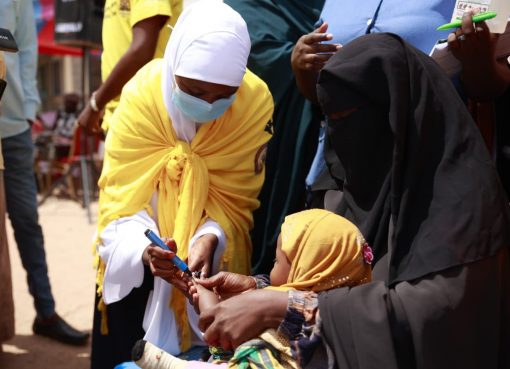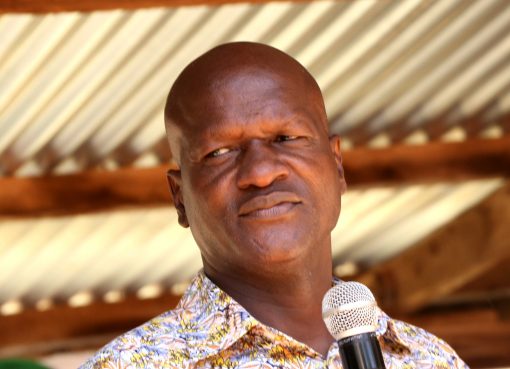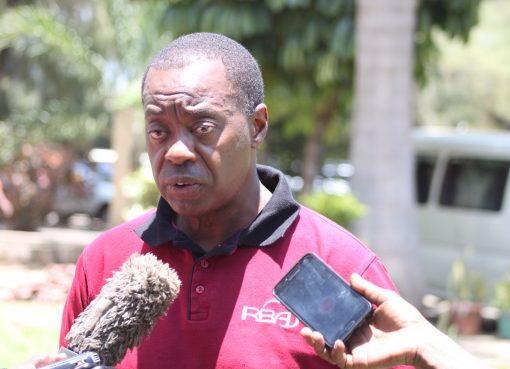Some 15, 000 extremely vulnerable households drawn from arid and semi areas within 25 counties are listed to benefit with funds to establish income generating projects.
The families are slated to get Sh30, 000 in a programme dubbed Economic Inclusion funded by the World Bank and the government.
Principal Secretary for Social Protection and Senior Citizens’ Affairs Joseph Motari has affirmed the listed households will start receiving the transfer seed capital from next month.
In the programme, each family is also expected to receive Sh2, 000 monthly stipends to help in purchasing food among other basic commodities.
Motari said the programme scheduled to take one year is aimed to support the less fortunate have a source of livelihood even after the end of the programme.
“The pilot programme was done in five counties in 2020 and now we are implementing a second phase which will bring in 25 counties. The aim of this programme is to graduate the poor from extreme poverty to a level of earning income in small projects,” said the PS when he visited the beneficiaries in several parts of Murang’a on Wednesday.
He continued, “It’s our wish to roll out the programme in all counties but we have started with people from arid and semi-arid areas,”
Motari further said the beneficiaries have been allocated mentors who will train and guide them on viable businesses ideas.
“Families which were included in the pilot phase are doing well. Majority established small businesses which currently are growing to medium investments and that’s the goal of this programme of graduating the poor to a better economic level,” he added.
In Murang’a County, a total of 1, 500 beneficiaries drawn from two sub counties; Maragua and Murang’a east are included in the programme.
Motari explained that the funds for seed capital will be given in two tranches, where initially each household will receive Sh20, 000 and later Sh10, 000.
“The beneficiaries will be monitored and guided to ensure the seed capital funds are prudently utilised. Our target is to see the families are left in a better financial position,” he noted.
The PS averred that the families were selected from an enhanced single register that was done in 2022, which has ranked the households in terms of their vulnerability.
“Community leaders and national government administrators have also helped in ensuring we have the most deserving families in the programme,” he stated.
Motari called upon the families to prudently utilize the funds and establish sustainable projects which will be a lasting solution from their vulnerability status.
Meanwhile the PS noted all beneficiaries of cash transfer will start receiving their monthly stipend through mobile money services by closure of this year.
He noted that the beneficiaries of orphans and vulnerable children and those with disabilities are already receiving their stipend through their mobile phones.
“Beneficiaries of Inua Jamii are yet to be included in mobile phone money services but we are working out to ensure all the 1.7 million beneficiaries start getting their monthly stipend through their phones come December this year,” he remarked.
On his part, Murang’a county commissioner Joshua Nkanatha said the families listed in the programme from the county were thoroughly vetted to ensure they are the most deserving.
Nkanatha said the small businesses that were established by beneficiaries of cohort 1 are doing well assuring them of security of their enterprises.
“This programme has highly assisted poor families who were factored in cohort 1 and we hope those being included in the second cohort will invest wisely the funds they are given,” he added.
One of the beneficiaries of cohort 1, Mary Nduta appreciated the programme saying when she was given a seed capital of Sh30, 000 she started the business of selling water.
Nduta from Kabuta area in Murang’a east Sub County explained she approached a local water firm who set up for her a water kiosk where she currently ekes her livelihood.
“The money I was given back in 2021, enabled me to open a water kiosk and currently I sell water to local residents. Am a widow and the enterprise helps me cater for my family expenses. Initially I used to search for menial work from people’s farms to get some money for food,” narrated Nduta.
By Bernard Munyao and Purity Mugo





